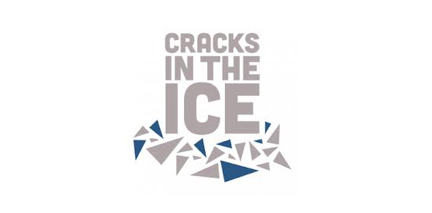A critical limitation of current treatment approaches for methamphetamine dependence is that they do not address cognitive deficits associated with executive functions. Cognitive deficits in stimulant dependence have been linked to poorer treatment retention as well as hampering the ability to maintain abstinence following treatment. Goal Management Training (GMT) is a group-based cognitive remediation intervention for executive dysfunction (i.e. impulsivity, working memory and decision-making deficits). Proof of concept studies that the Project Lead (Verdejo-Garcia) conducted in Europe have shown that GMT improves cognition in stimulant (cocaine/amphetamine) users. However, we do not know if GMT is a feasible intervention in the context of methamphetamine treatment in Australia, or if it can improve clinical outcomes such as treatment retention and abstinence rates.
This proposal brings together a team of world-leading experts in addiction neuroscience (Verdejo-Garcia, Lubman) and frontline clinicians (Allan) to examine whether GMT is feasible and well-accepted by methamphetamine users in Australian residential treatment settings, and if it improves treatment retention and reduces relapse rates following discharge. We will conduct an exploratory randomised controlled trial to test the feasibility/ acceptability and preliminary efficacy of a 4-week GMT protocol versus a control psychoeducation intervention. We have developed the 4-week GMT protocol (which is shorter and contains more tailored materials than standard GMT) to cater the specific needs of methamphetamine users (e.g. controlling impulsivity, making long-term [vs reward] based decisions). The primary outcomes will be: proportion of GMT completions; participants’ assessments of acceptability, engagement and benefit; treatment retention 4 weeks following intervention; and rates of abstinence 8 weeks post-intervention measured with hair toxicology.
The findings of this study will be readily translated into standard practice. If the trial is successful, we will train clinicians at Odyssey House to administer GMT as part of the standard treatment program. In addition, we will apply for NHMRC/MRFF funding to conduct a definitive Phase III RCT with the ultimate goal of scaling up the intervention to treatment centres across Australia.
ANZCTR Trial Registration
Prof Antonio Verdejo-Garcia, Principle Investigator
Monash University, Turning Point (Eastern Health)
Mr Eric Allan, Project Investigator
Odyssey House Victoria
Professor Dan Lubman, Project Investigator
Turning Point, Monash Addiction Research Centre




